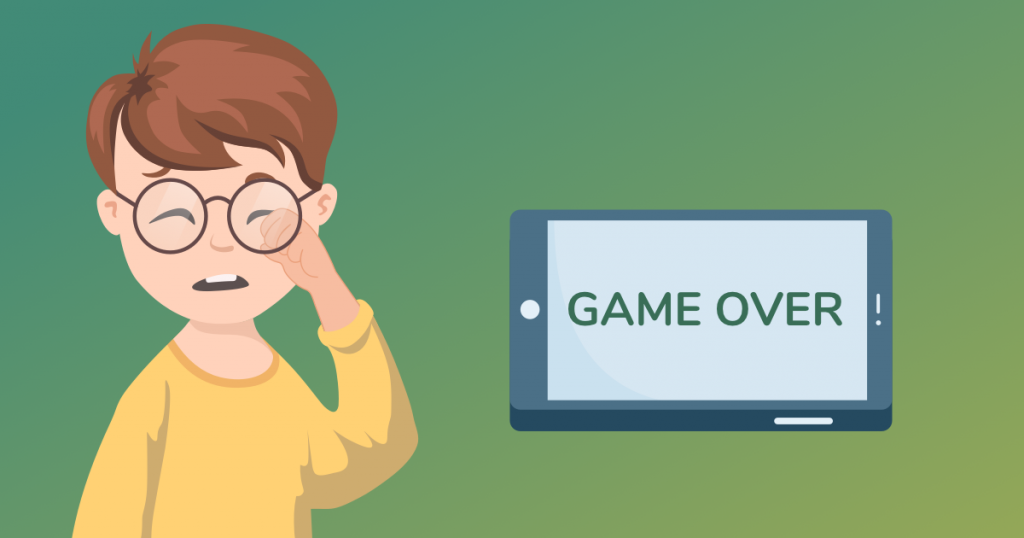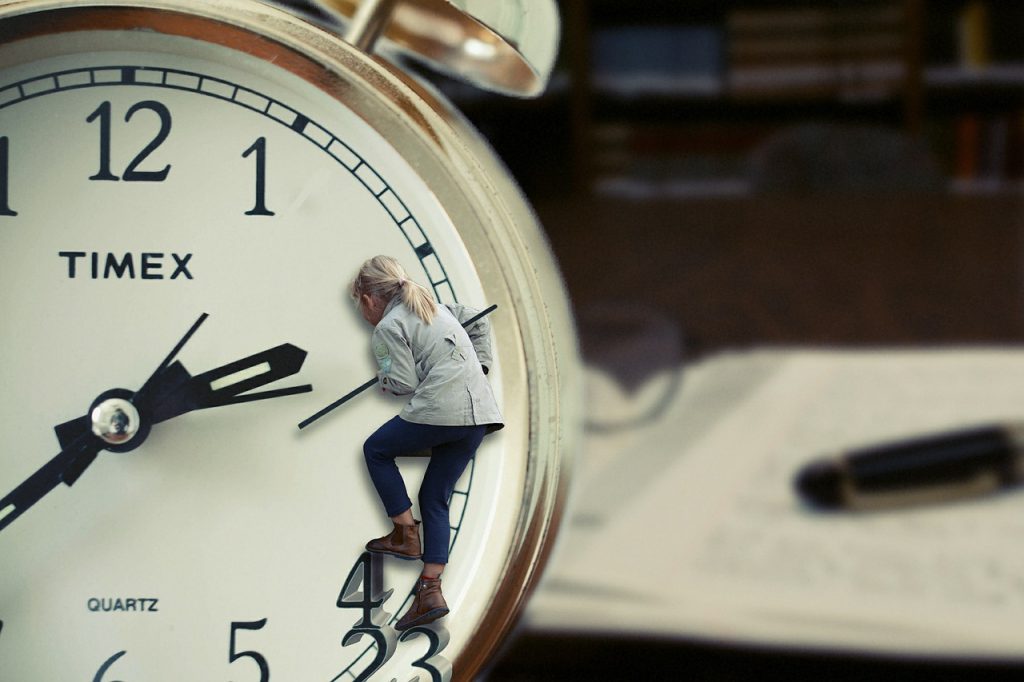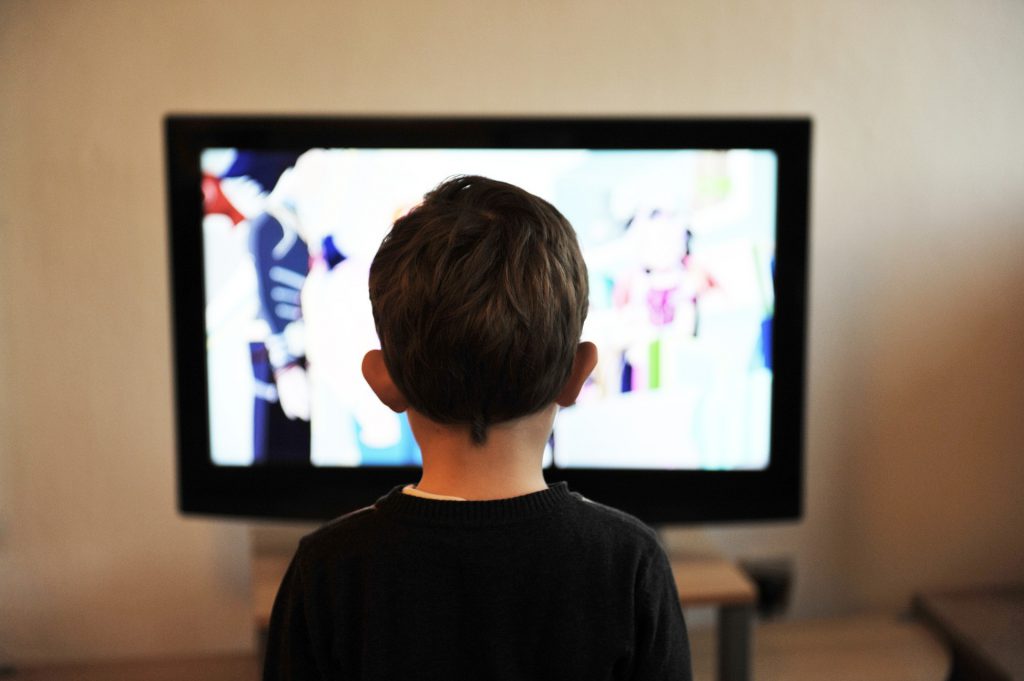The Chinese government is cutting down on video games “to protect children’s eyes and prevent game addiction.” They want to limit the total number of online games and control the new ones to be approved in the country. The main reason given for this is the increasing amount of video gamers among children and the time they are spending in front of screens.
Chinese President Xi Jinping is concerned about the gaming problem and how it may be affecting children’s eyesight. Scientists find school-aged children who spent seven or more hours a week using gadgets or playing video games tripled their risk for myopia, or nearsightedness. It’s a condition in which close-up objects can be seen clearly, but distant ones can’t.
Thus the Chinese Ministry of Education announced the measures to struggle with “epidemic levels of myopia”. It will also adopt recommendations for schools and parents to limit screen time for kids and inform about game addiction dangers.
Game company to cooperate?
The Chinese government has blocked dozens of games in the past. Earlier this month, a popular Monster Hunter World game was banned in China. Shortly after the president’s announcement of game censorship, Chinese technology giant Tencent introduced tough new rules to identify under-age gamers.
A real-name registration system for its Honor of Kings games will be presented in the middle of September. It will be linked to the state public security database. A new method of identification is called to restrict the time kids spend on the game. However, Tencent’s move is not legislated yet. The company took the decision to limit the time children could play a game, but in fact, the state would take it under control.
Children under 12 will be allowed to play one hour a day and those between 13 and 18 up to two hours. The system will “better guide under-aged players to game sensibly”, the company said. Nevertheless, the privacy and confidentiality of families are not taken into consideration. It seems obvious to us that parents should have the right to decide on the screen time controls placed on their own kids – without the state’s oversight. In fact, that’s exactly what Kidslox is about. You, the parent, have the best idea of what’s right for your kid, you know them and their strengths and weaknesses better than anyone. That’s why Kidslox is positioned as a parental control app. Empowering mums and dads to make good decisions for the benefit of their kids and ensure that those plans are carried out.
Chinese officials’ commented “it’s a step to improve children’s health, particularly to solve the problem of myopia.” But nearsightedness is not only a Chinese issue. Rates of myopia have increased worldwide in recent years. It’s estimated to affect about half of the kids in the U.S. Today 1,4 billion people have myopia, which carries a risk of blindness, and the problem soars every day.
Around 5 billion people – the half of world’s population – are expected to be short-sighted by 2050
Too much screen time means less sunlight
The issue is not only about video games, but rather the amount of time which kids spend with devices. The problem of bad eyesight can’t be solved with screen protectors or sitting “not so close to the tablet.” It’s really about limiting the time and encouraging the minors to play outside more.
“The best recommendation for children is to spend more time outdoors,”
– researches from the Sun Yat-sen University in Guangzhou claim.
Spending extra 40 minutes a day outdoors for three years resulted in a reduction in the rate of myopia in children. Optometrists say that sunlight plays an important role in protecting vision. The reason why that’s the best healing is that it triggers dopamine, a neurotransmitter that keeps an eye from getting too elongated during childhood. Moreover, there are more objects that people can observe on the long distance – to train the ocular muscles.
“So as the eye is maturing, if it stretches too long it becomes more and more nearsighted. So the dopamine actually prevents that,” – Dr. Christopher Starr, an ophthalmologist at Weill Cornell Medical Center in NYC, says.
Vision problem and learning
The eyesight formation goes up to 8 years-old. The children between the ages of 2 to 8 spend on average 2 hours a day on screens. Doctors believe that if kids spend less time on screens, it will not only protect their eyes but also improve their ability to study.
Squinting and loss of attention could be the warning signs that your child is suffering from myopia.
Sometimes children can be misdiagnosed with learning disabilities, such as dyslexia when it’s really a vision problem. Thus parents should watch any differences in how their minors observe the objects, read, play. If kids used to be very interested in reading or drawing and all of a sudden they start losing their place during reading – it may be a sign of a bad eyesight.
Every mom and dad must understand, that myopia impedes the ability to learn properly at school. “Learning is 80% visual, and we need a good vision to learn,” – Dr. Starr warns.
Outdoor activities are the best option for healing
1,900 first-graders from 12 different schools in Guangzhou took part in a study conducted by Dr. Mingguang He of Sun Yat-sen University. His team examined these kids over a period of three years. The half of the schools added one additional 40-minute class of outdoor activities to each day. The doctor also asked parents from these schools to engage their children in outdoor activities after school, especially during weekends and holidays. Children and parents from the other six schools continued their usual pattern of activity.
After three years the experiment showed that the incidence of myopia was 30.4 % in the group of students who spent extra class time outside. For the children without the extra outdoor activity, 40 % had myopia.
Small children who develop myopia early are most likely to progress to more severe cases. So parents must motivate their minors to play less video games inside and quit screens as much as possible. If you are ready to take this challenge, use Kidslox to protect children from addictive screens. Besides, outside playing is not only about better eyesight, it has a number of well-known health benefits for kids, including increasing their physical activity and decreasing their risk of obesity.





